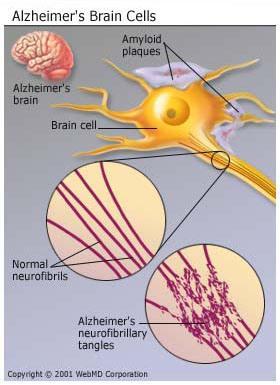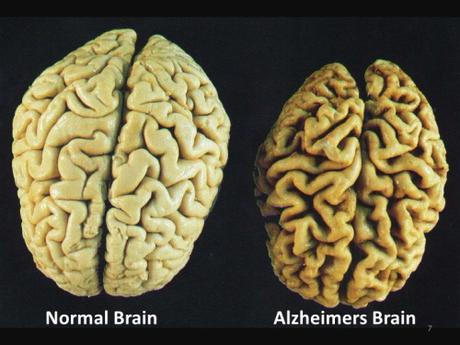Alzheimer’s disease is a severe form of dementia that affects an estimated 5.2 million Americans, according to 2013 statistics. Approximately 7.7 million new cases of dementia are identified every year—which amounts to one new case every four seconds.
One in nine seniors over the age of 65 has Alzheimer’s, and the disease is now thought to be the third leading cause of death in the U.S., right behind heart disease and cancer.
While you cannot change your age and family history, there are modifiable lifestyle factors you can control to reduce your risk for developing this horrible disease. Those factors include diet, physical activity, weight (obesity), cognitive activity, smoking (tobacco), and diabetes.

Dr Laura Phipps, of Alzheimer’s Research UK, said: “There is a large body of evidence linking diabetes to an increased risk of dementia but the biological mechanisms underlying this link are not yet fully understood. Further investment in research is crucial.”
Now researchers have discovered the biological mechanisms underlying the link between diabetes and Alzheimer’s.
David Pilditch reports for the UK’s Express, May 6, 2015, that researchers at Washington University in St. Louis, Missouri, found that high levels of glucose (sugar) in the blood rapidly increases the amount of the toxic protein amyloid beta believed to be drive the complex changes in the brain which lead to Alzheimer’s.
Note: Plaques form when protein pieces called beta-amyloid clump together. Beta-amyloid comes from a larger protein found in the fatty membrane surrounding nerve cells. Beta-amyloid is chemically “sticky” and gradually builds up into plaques. The sticky protein forms harmful “plaques” that destroy the brain, killing off nerves and causing memory loss and confusion. Finding ways of preventing the plaques is seen as the key to wiping out Alzheimer’s.

Lead researcher Dr. Shannon Macauley said: “Our results suggest diabetes, or other conditions that make it hard to control blood sugar levels, can have harmful effects on brain function and exacerbate neurological conditions such as Alzheimer’s disease. The link we have discovered could lead us to future treatment targets that reduce these effects.”
People with diabetes cannot control the levels of glucose in their blood. In the latest study, published in The Journal of Clinical Investigation, mice bred to develop an Alzheimer’s-like condition were injected with glucose. In young mice without amyloid plaques, doubling glucose in the bloodstream increased the protein in the brain by 20%. In older mice, which already had these plaques, the amount of amyloid beta rose by 40%.

A sensible diet; not getting fat; exercise; staying mentally active and engaged; don’t smoke; avoid sweets . . . .
Isn’t the above the age-old counsel we already know? And yet, we seem to have to rediscover and reconfirm that truth time and again . . . .
~Éowyn

